
Repair, replace, reimburse: Sustaining a European tank coalition for Ukraine
Military help for Ukraine is moving towards serious questions of logistics – but more countries still need to step forward. Here is how the next-stage coalition could look

Policy Fellow
Defence and security policy; military operations; nuclear strategy and arms control
German, English
Rafael Loss is a policy fellow at the European Council on Foreign Relations. His work focuses on security and defence in the Euro-Atlantic area; military operations, innovation, and technology; and nuclear strategy and arms control.
Before joining ECFR, Loss was a research associate at the Center for Global Security Research at Lawrence Livermore National Laboratory in Livermore, California. He is an alumnus of the German Federal Ministry of Defence’s Manfred Wörner Seminar, the NATO Defense College’s Early-Career Nuclear Strategists Workshop, and the Center for Strategic and International Studies’ Nuclear Scholars Initiative.
Loss was a Fulbright fellow at the Fletcher School at Tufts University, where he earned an MA in international relations. He also holds a BA in political science from the University of Bremen.

Military help for Ukraine is moving towards serious questions of logistics – but more countries still need to step forward. Here is how the next-stage coalition could look
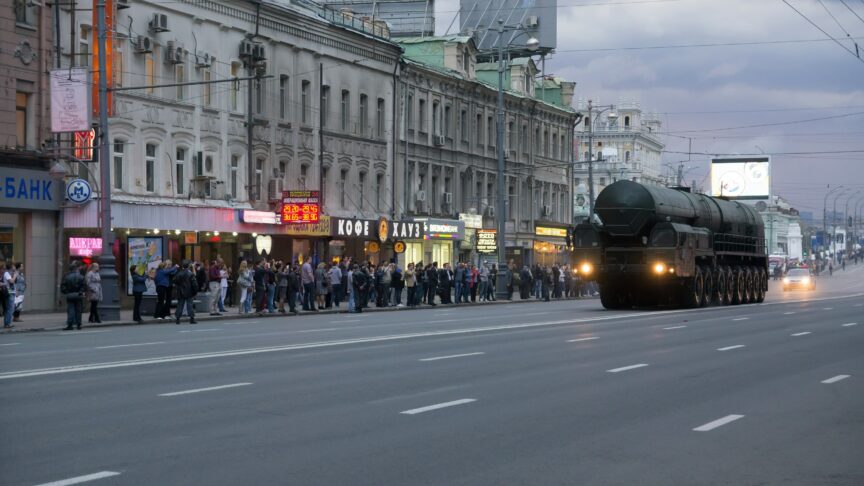
We are not on a path to nuclear war – but strong deterrence measures from the West can help ensure that scenario remains unlikely
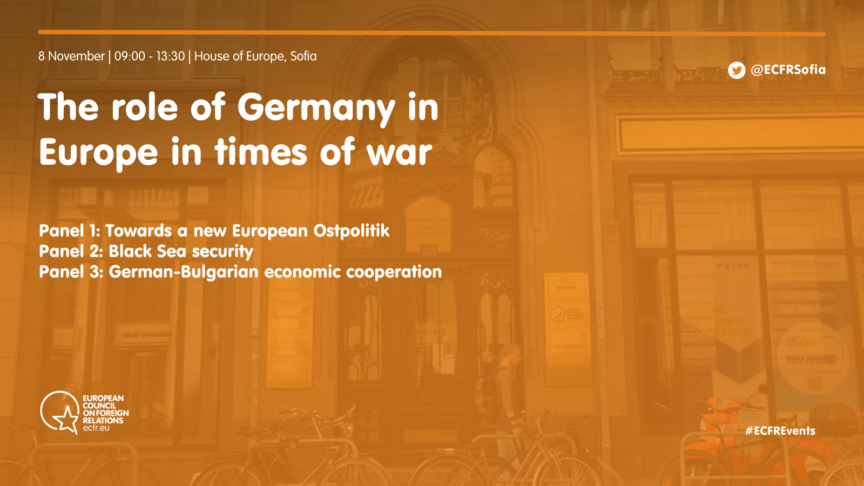
We will discuss Germany’s role in Europe and will reflect on how the new European order is viewed in Berlin
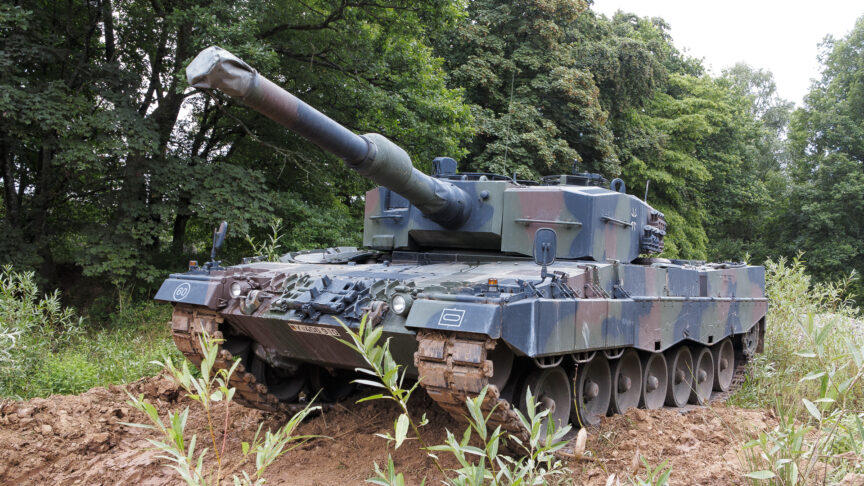
Ukraine needs to move to a new phase of the war if it is to reclaim its territory occupied by Russia. A European plan to supply Leopard tanks should be at the heart of this effort
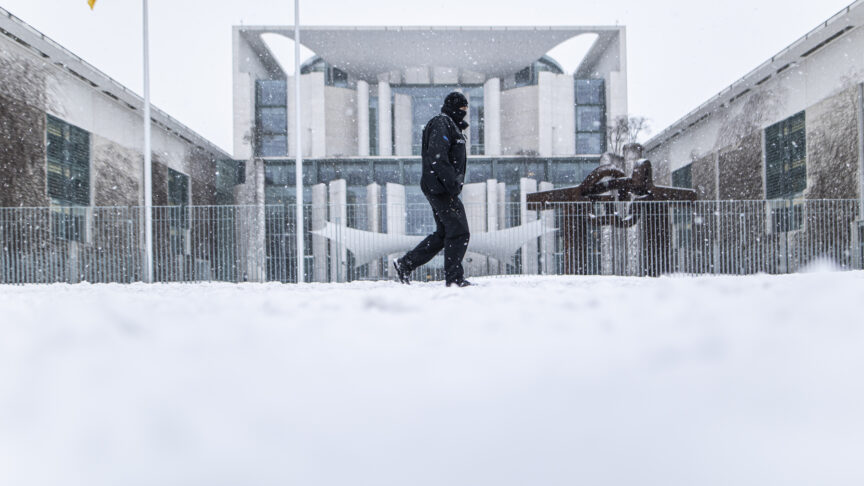
Decades of wilfully blind dependence on Russian gas have left Germany facing a bleak winter. German leaders could now have an opportunity to begin repairing the damage
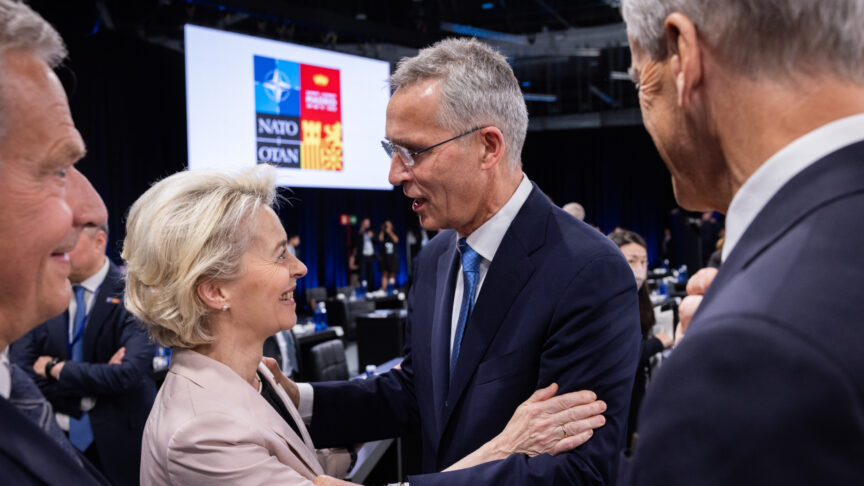
NATO should deter Russia by establishing a truly permanent presence in front-line states. The EU has a major role to play in this effort
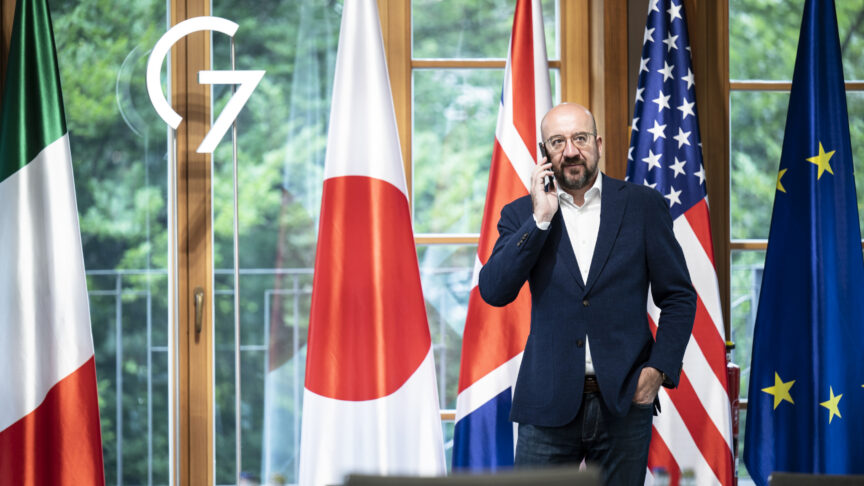
The EU has made insufficient progress in enhancing its sovereignty, particularly in security and defence. The union now needs to overcome internal differences to bolster its external ability to act
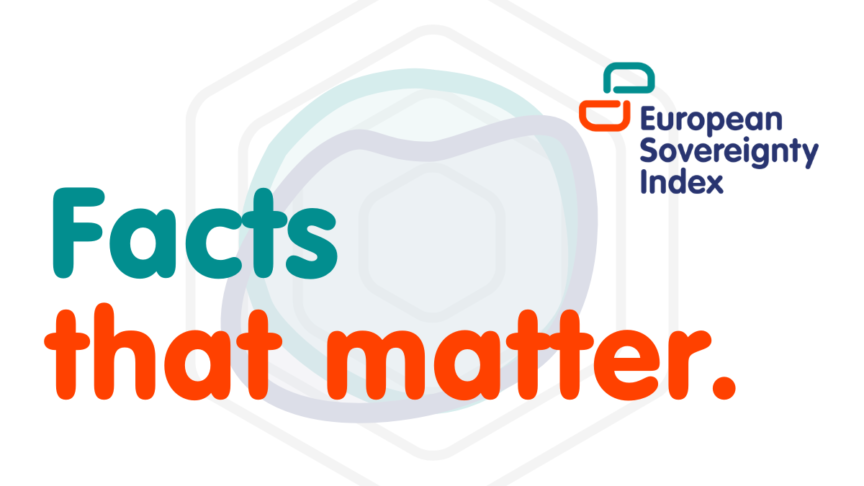
The EU can overcome the new challenges it faces and can shape the global order. To achieve this, Europeans will need to improve their joint capacity to act
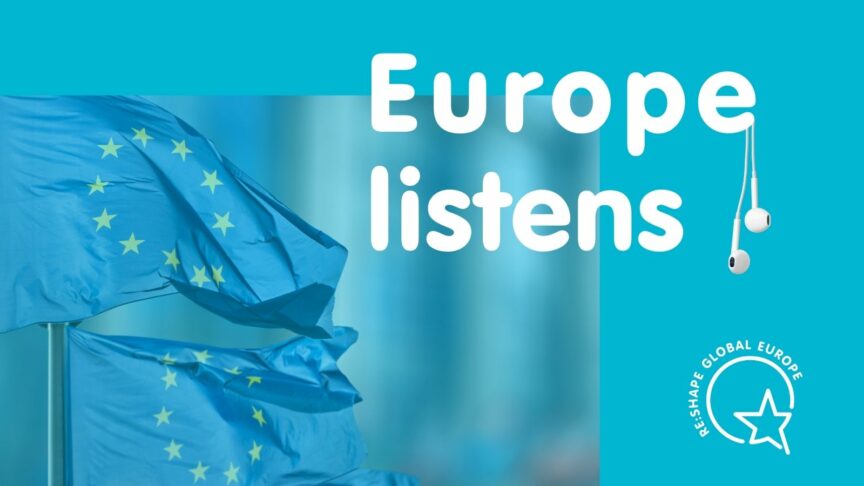
As the EU builds up its global footprint, it’s crucial to avoid European naval gazing. Instead, Europe needs to engage partners around the world on…

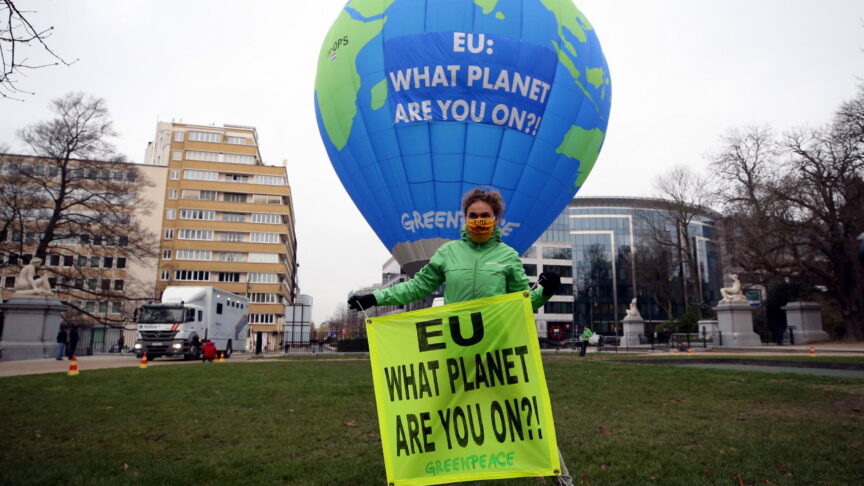
Member states are not divided into two diametrically opposed camps. This makes the implementation of the European Green Deal an intricate puzzle – yet achievable

The pandemic poses a threat to European cohesion by increasing economic divides and undermining trust in the EU and national governments

In their campaigns for the European parliament election, Germany’s pro-European parties must unite to effectively mobilise voters against the threat of the far-right party, Alternative for Germany

As China and Russia expand their nuclear arsenals, US security guarantees are beginning to lose their weight. Now, American allies may start to consider taking up the nuclear option themselves
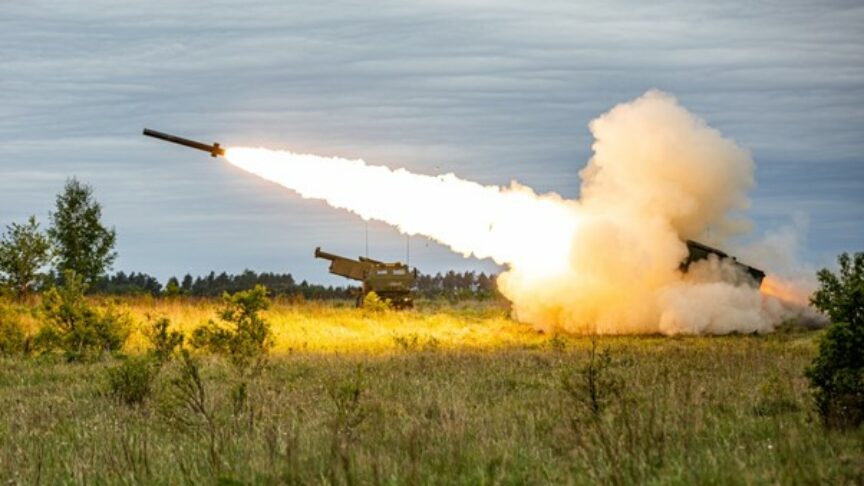
Europeans have been quick to enhance their missile defence capabilities. But to properly address the threat of Russia’s missiles and deter broader conflict, they need to complement defensive systems with offensive ones
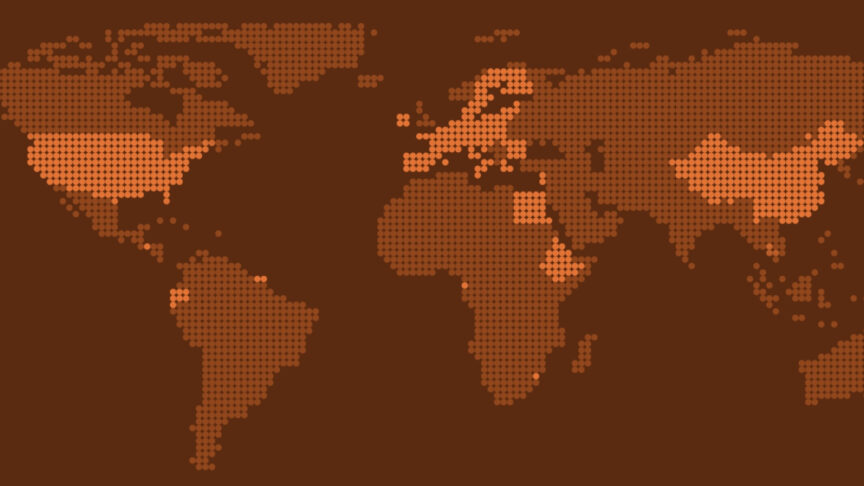
This collection of nine insightful essays illuminates the strategies employed to advance European interests and values within this evolving global polity of overlapping cooperative frameworks

The global nuclear order has so far proven resilient in the face of Russia’s war on Ukraine. European engagement through the EU and NATO can help shore up this uneasy equilibrium
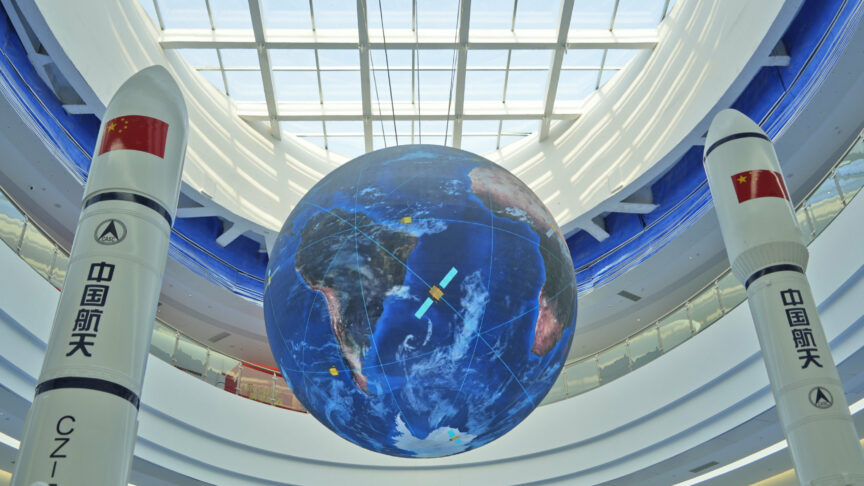
Competition among major space powers hinders multilateral action to protect access to outer space. The EU has a key role to play in promoting responsible behaviours and securing the use of space for all
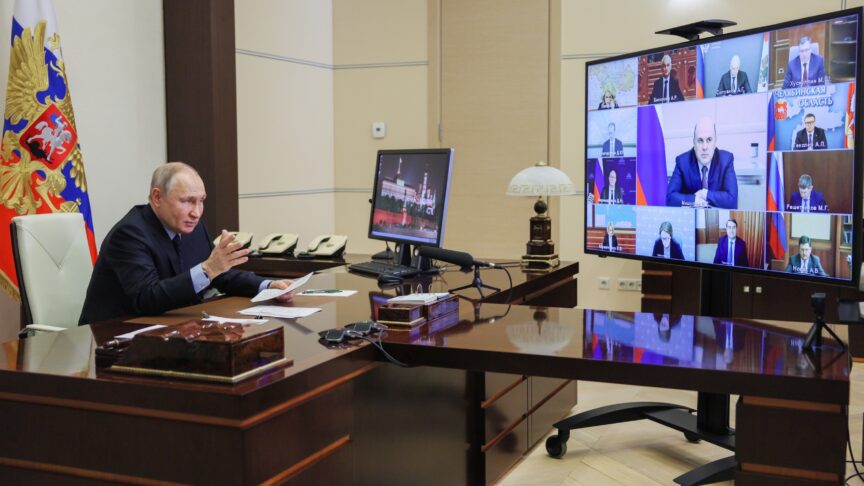
Putin’s attention-seeking plan to station nuclear weapons in Belarus underlines his commitment to nuclear risk manipulation – but his blackmail may be losing its potency

Military help for Ukraine is moving towards serious questions of logistics – but more countries still need to step forward. Here is how the next-stage coalition could look

We are not on a path to nuclear war – but strong deterrence measures from the West can help ensure that scenario remains unlikely

Ukraine needs to move to a new phase of the war if it is to reclaim its territory occupied by Russia. A European plan to supply Leopard tanks should be at the heart of this effort
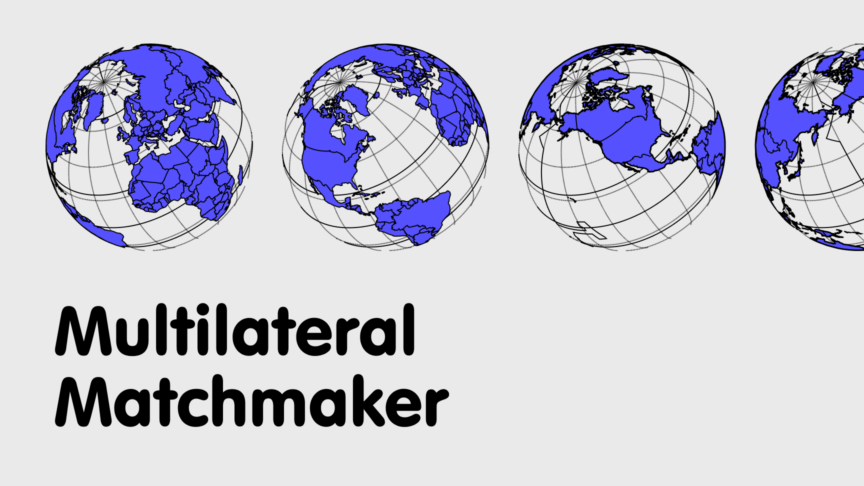
Multilateral coalitions are increasingly important for combatting global challenges. Europeans have many eligible – and untapped – potential partner countries, but to stand out they need to ensure their offer is as grounded in these partners’ interests as their own

The EU can overcome the new challenges it faces and can shape the global order. To achieve this, Europeans will need to improve their joint capacity to act

European cohesion is bouncing back after crisis years. The EU Cohesion Monitor presents new insights on cohesion as an underestimated source of strength and collective action in the EU
The Coalition Explorer illustrates the expert opinions of more than 800 respondents who work on European policy and creates a visual understanding of the views held by Europe’s professional political class
The European Solidarity Tracker collects and displays instances of pan-European solidarity throughout the coronavirus crisis
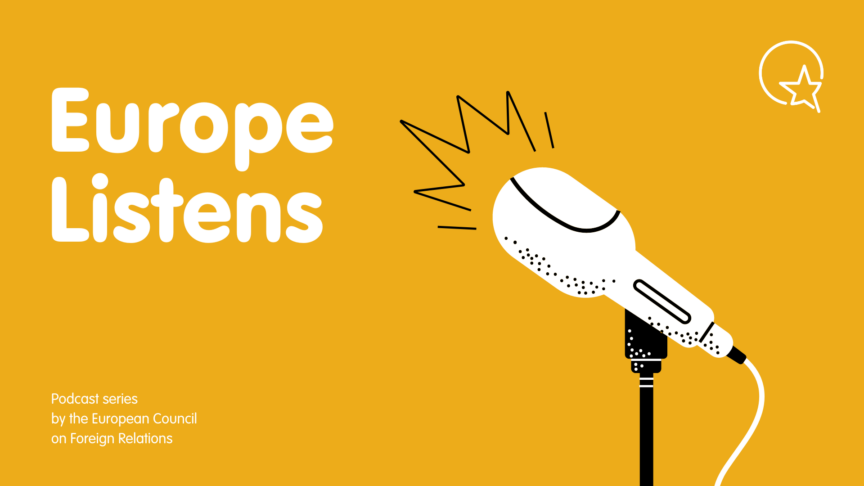
In September 2024, the United Nation’s Summit of the Future is set to take place – a crucial moment to mend “eroded trust” between peoples,…
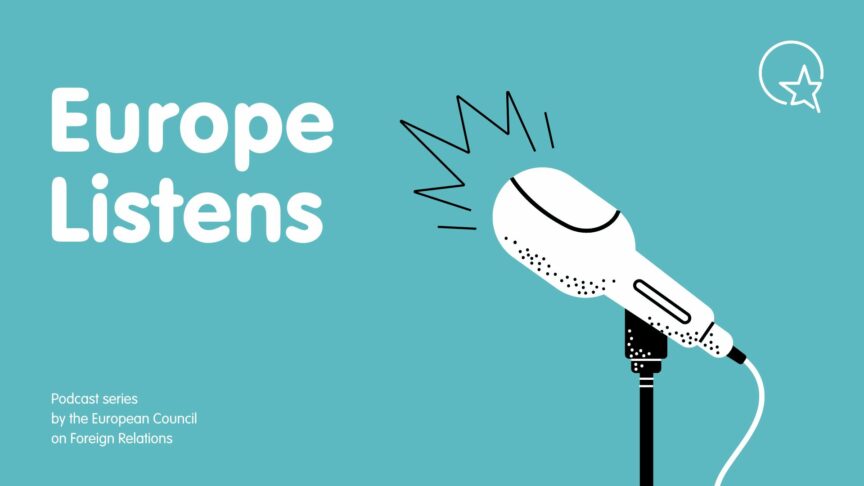
To achieve the ambitions of the European Green Deal, the European Commission insists that healthy oceans and a sustainable maritime economy are crucial. With rising…

Around 70 per cent of our planet is covered by the ocean, of which two-thirds fall beyond national jurisdiction. After decades of discussions and negotiations,…
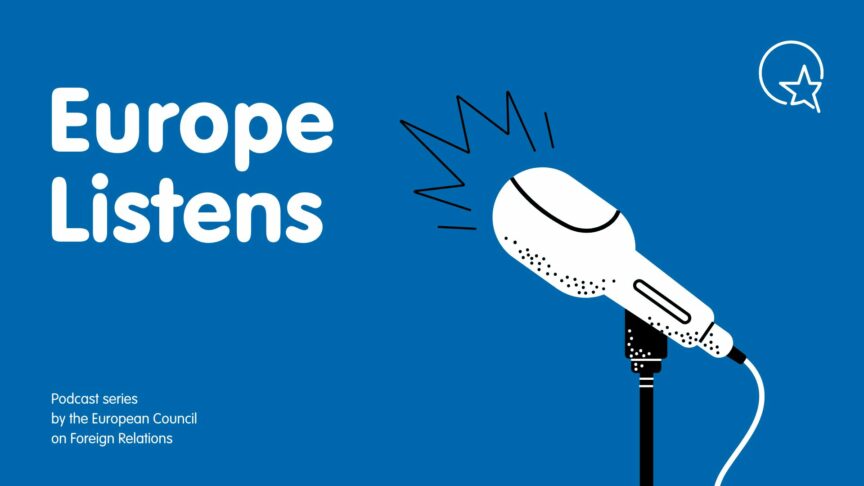
The global space economy is worth a whopping $469 billion, and growing fast. Commercial interests are proliferating; more and more countries are launching satellites…

On 8 January 2023, following a contentious national election, protestors attacked government buildings in Brazil’s capital. The riots were preceded by years of online disinformation,…

Digital technologies are set to transform African economies. Yet, only 40 per cent of Africans accessed the internet in 2022 – well below the…

Beyond the UN formats, countries around the world are forging hundreds of bilateral and multilateral agreements to advance the clean energy transition. India has emerged…

Action on climate financing is long overdue. Inadequate mitigation and adaptation have already led to substantial loss and damage in the most vulnerable countries. But…

Climate change is an immediate existential threat to the coral islands that make up the Maldives, one of the lowest-lying countries in the world. Recent…

As the EU builds up its global footprint, it’s crucial to avoid European naval gazing. Instead, Europe needs to engage partners around the world on…
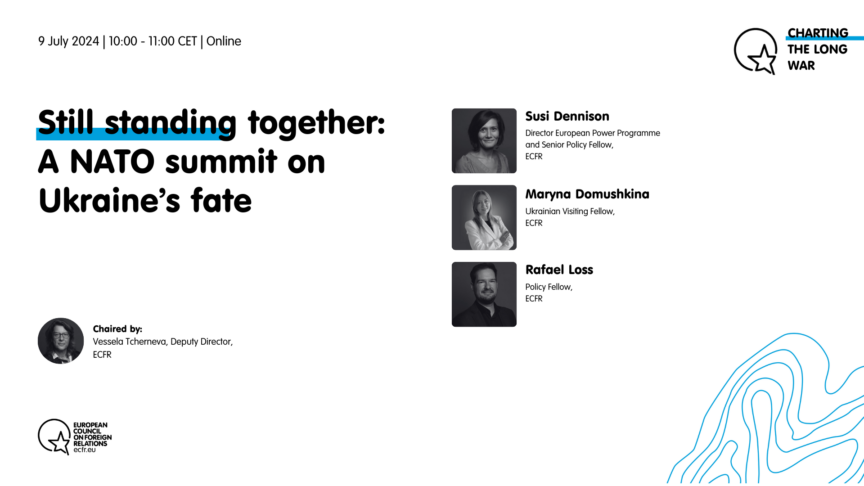
As leaders are about to take pivotal decisions for Ukraine’s fate at the NATO summit, join us for a discussion about pathways and policy options for…
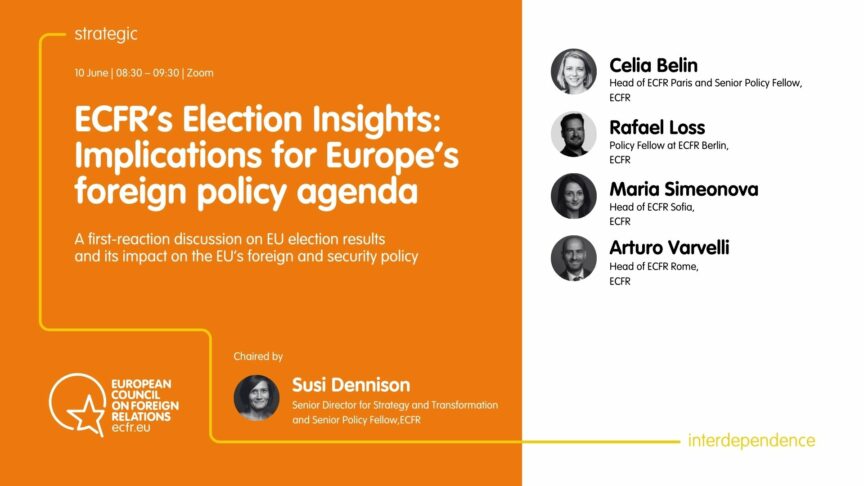
This webinar will provide a snapshot analysis of election results and their implications for Europe’s foreign policy and security agenda. Featuring perspectives from selected ECFR…
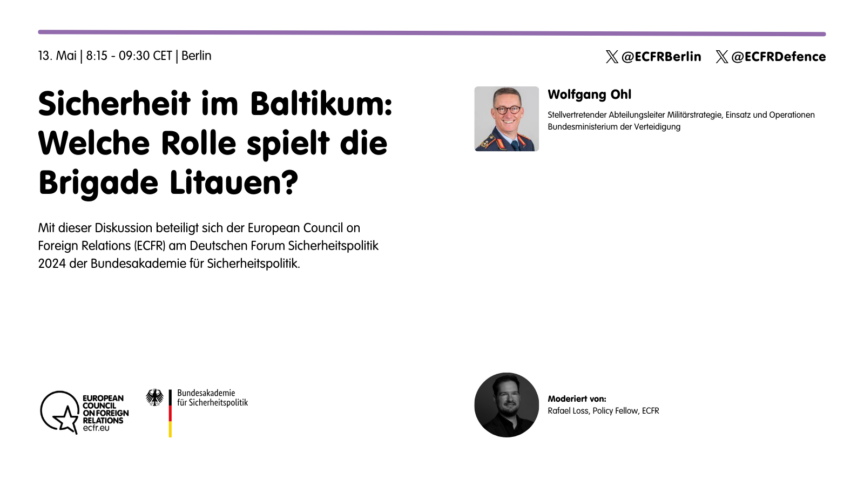
Am 8. April 2024 brach das 21-köpfige Vorkommando der Brigade Litauen nach Vilnius auf. Die Bundeswehrangehörigen werden in den nächsten Wochen und Monaten die erste…

We will discuss Germany’s role in Europe and will reflect on how the new European order is viewed in Berlin
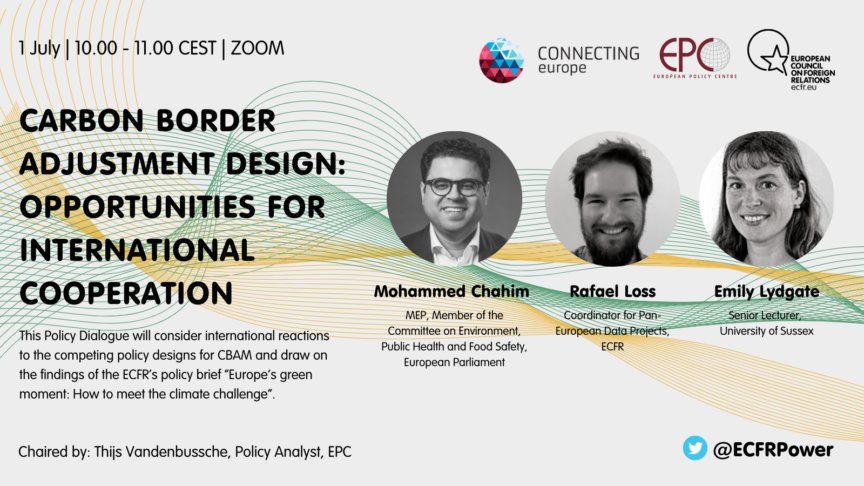
This Policy Dialogue will consider international reactions to the competing policy designs for CBAM, opportunities for cooperation with international partners and the role of international fora in its development such as the WTO and the forthcoming COP26

Der Checkpoint EXTRA findet als Kooperation zwischen der bpb und dem Berliner Büro des European Council on Foreign Relations statt